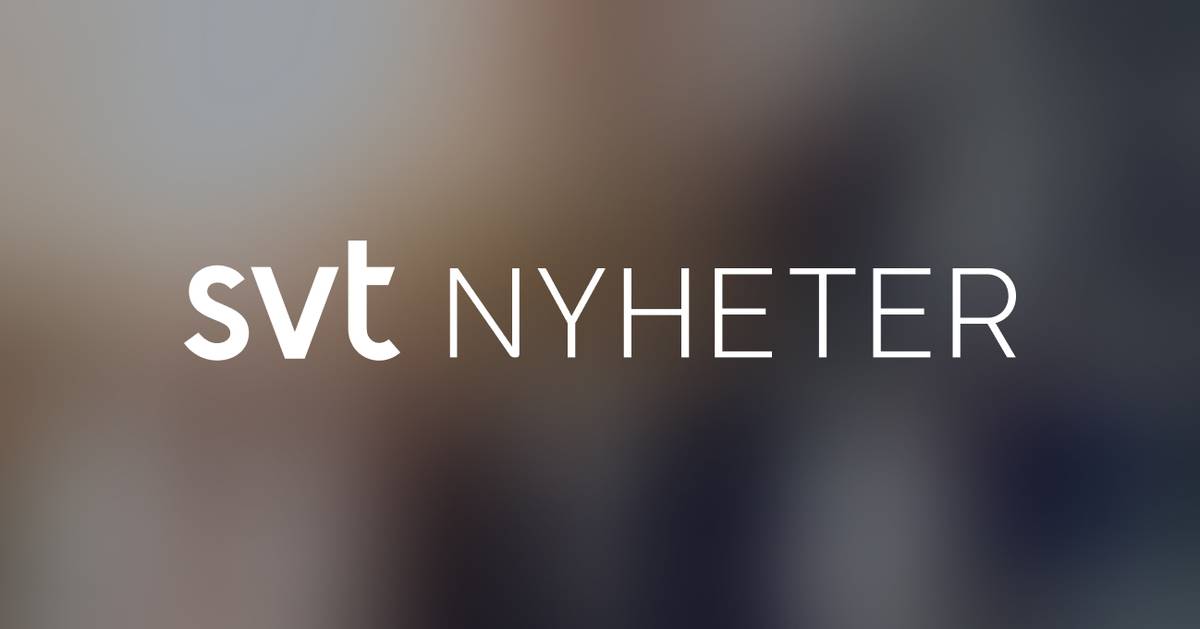On Monday, EU energy ministers met to discuss Russia's threat to halt gas supplies to countries that do not pay in Russian currency.
In this way, Russia hopes to be able to divide the EU in terms of economic sanctions due to the invasion of Ukraine.
According to Hugo von Essen, the meetings are important for the EU to finally be able to agree on a common line.
- But it will take time because there are difficult questions and big differences in how dependent different EU countries are on Russian gas and oil.
Requires payment in rubles
In order not to restrict gas supplies, Russia demands that countries wishing to buy must open ruble accounts with Gazprom Bank, a way to circumvent financial sanctions and protect their economies.
EU countries, on the other hand, want to find new suppliers who can meet their energy needs in order to avoid being dependent on Russian gas in the long run.
But it takes time, something that Russia is now taking advantage of.
- If you want to stop the war, you have to stop the gas, but then Europe risks getting cold and dark.
"Sending a signal to more important countries"
Russia has already carried out its threat to Poland and Bulgaria and stopped its gas supplies there.
This is partly because the countries are not particularly important for Russia's gas exports, and partly because they have already expressed that they will stop importing Russian gas this year, says Hugo von Essen.
- Russia also hopes to be able to send a signal to more important countries, such as Germany and Italy, that "this is what is likely to happen to you".
Germany, Italy and Hungary are the countries most dependent on Russian gas supplies, and Hungary has already said it does not support the EU's plans for a boycott.
- Russia has already begun to use Hungary as an example of the EU's division, says Hugo von Essen.

